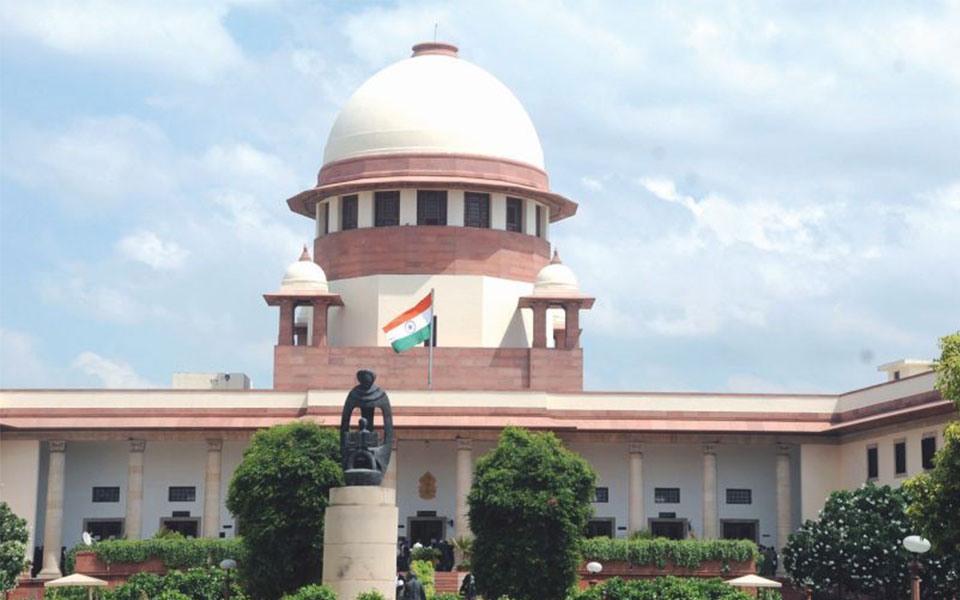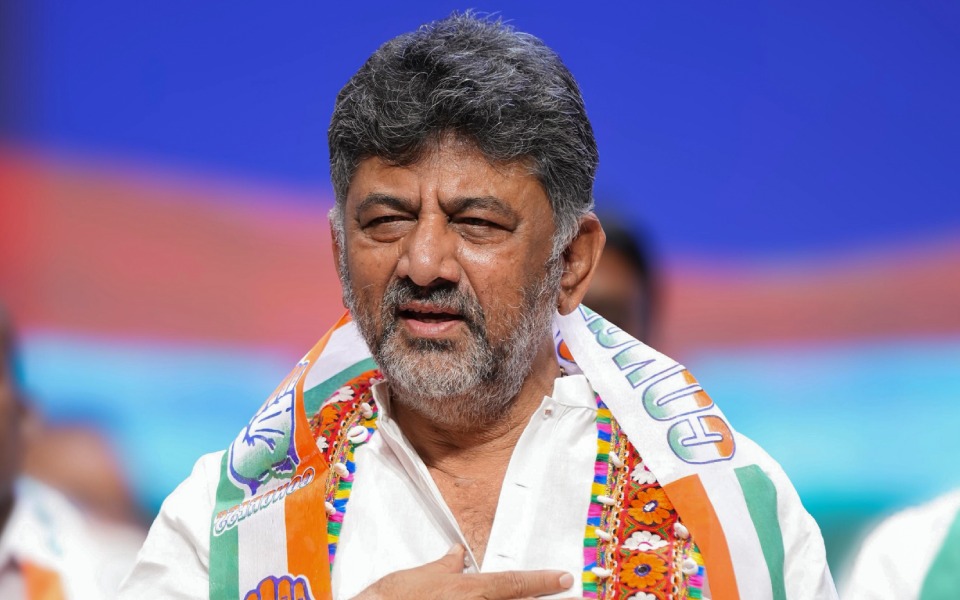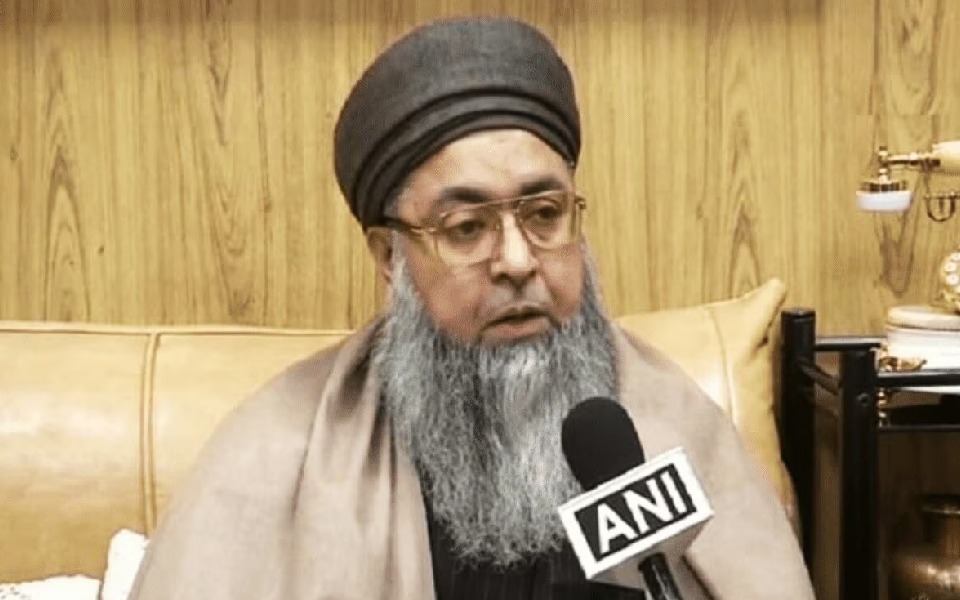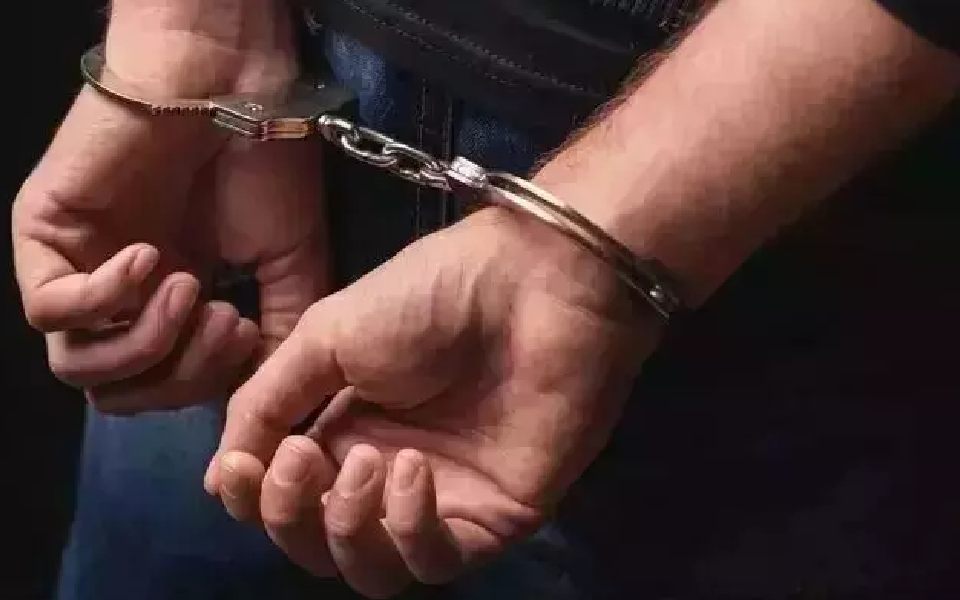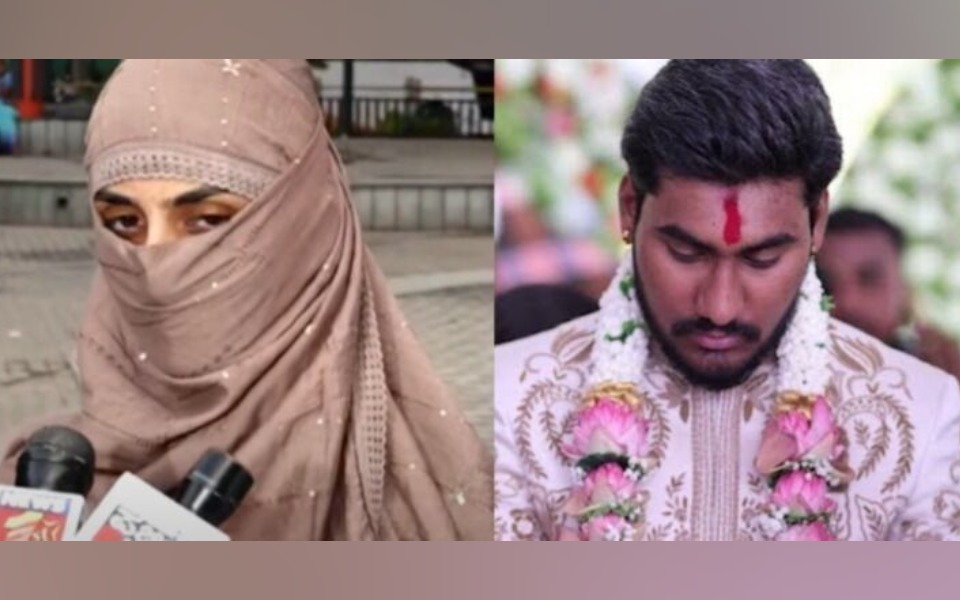New Delhi, May 10: The Supreme Court on Thursday asked the Delhi government if it could use the funds collected from the Environment Compensation Charge (ECC) to purchase remote-sensing machines to detect pollution emitted from diesel vehicles plying on the roads.
A bench of Justice Madan B. Lokur and Justice Deepak Gupta was informed by advocate Aparajita Singh, who is assisting the court as an amicus curiae, that the Environment Pollution Control Authority (EPCA) has suggested using remote-sensing technology which was found to be "most effective" in checking emission from diesel vehicles.
The bench told the Delhi government that "the amount from ECC can be used for this purpose".
Aparajita Singh said the technology was successfully used in China and Hong Kong to tackle the problem of air pollution and was already being used in Pune and Kolkata effectively.
The remote-sensing machines will be installed on the roads in Delhi for quick emissions screening of on-road fleet and identify high emitters on road. The machine also scans the number plates and owner could be sent notice for emitting pollutant.
An EPCA report on steps to be taken to strengthen pollution under control (PUC) mechanism recommended the use of remote-sensing machines and said Delhi needs 10 such machines while the cost of each machine would be around Rs 2.5 crore.
The bench asked the Central government to look into the issue and it sought six weeks for the purpose.
On Wednesday, the court asked the EPCA to examine the Delhi government's proposal for using part of the Rs 999.25 crore collected from ECC to buy semi-low floor fully electric buses to deal with the pollution level and improve public transport.
The court was hearing a PIL filed in 1985 by environmentalist M.C. Mehta relating to air pollution in Delhi-National Capital Region (NCR).
Meanwhile, the Central government told the apex court that the comprehensive action plan to tackle air pollution in Delhi-NCR would be notified and implemented in its entirety within four weeks.
Additional Solicitor General N.S. Nadkarni, appearing for the Central government, said parts of the plan have already been implemented in Delhi-NCR.
The bench, however, asked the Central government to ensure that the programmes are not only notified but also implemented properly, and posted the matter for further hearing in July.
It also asked the Central government to take a decision by June 30 on banning import of pet coke in the country.
The court asked the Central Pollution Control Board (CPCB) to monitor fortnightly the industries using pet coke, till the rules are framed by the government in this regard.
Aparajita Singh has said the court earlier allowed the use of pet coke in certain industries after the CPCB assured that it would collect the data about its use and monitor it on a monthly basis.
But the CPCB was not compiling and uploading the data, she added.
Let the Truth be known. If you read VB and like VB, please be a VB Supporter and Help us deliver the Truth to one and all.
Hassan (Karnataka), Jul 26 (PTI): Karnataka Deputy Chief Minister D K Shivakumar on Saturday refuted allegations that Congress general secretary and Karnataka in-charge Randeep Singh Surjewala had met with state government officials, terming it "completely false".Speaking to reporters at Arsikere, Shivakumar clarified that Randeep Surjewala has neither met nor spoken to any officials.
“This is our government. If there is anything to be conveyed, he (Surjewala) will tell us directly. If there are any mistakes, he will inform us, and we will correct them. Apart from that, saying he met officials is false,” Shivakumar, who is also the Congress state president said.
Asked about Karnataka Minister K N Rajanna’s statement that such meetings with officials are "illegal", Shivakumar declined to comment.
“I don’t want to speak about senior leaders. The Chief Minister has already responded to this. After his clarification, I have nothing further to say. The Chief Minister has more information than I do,” he said.

